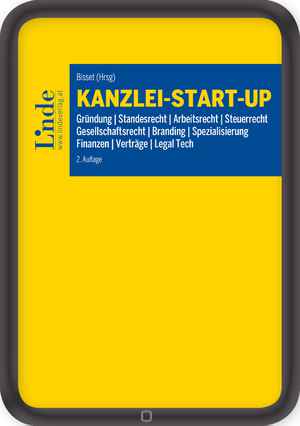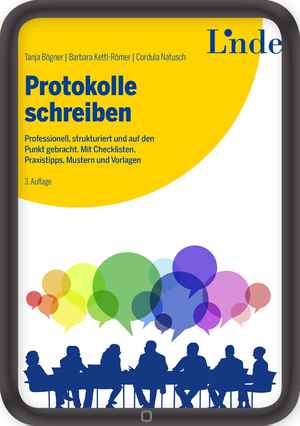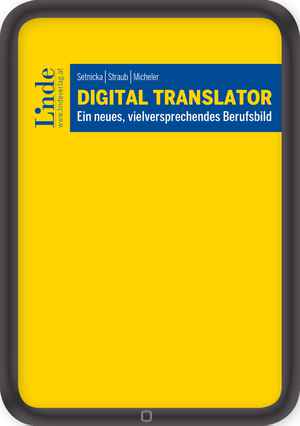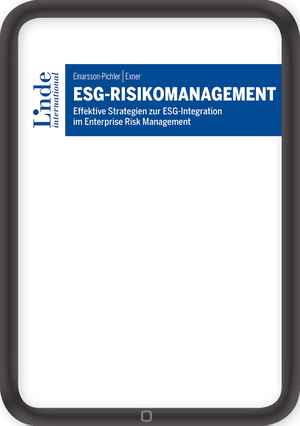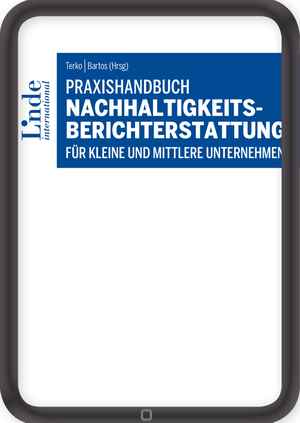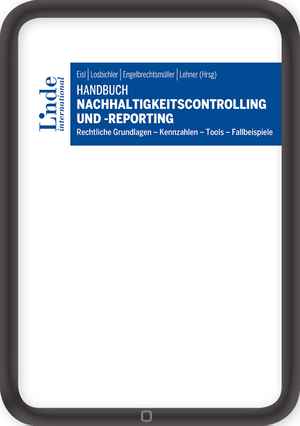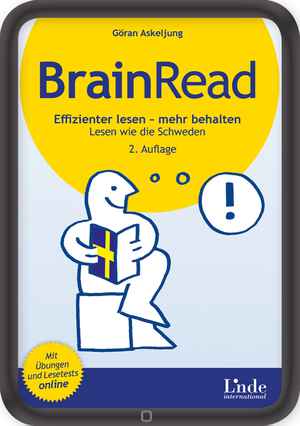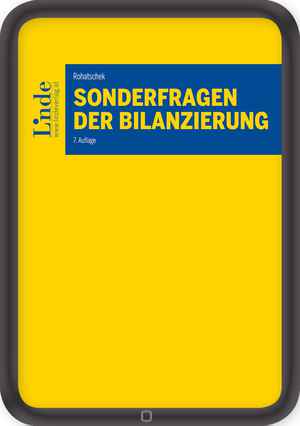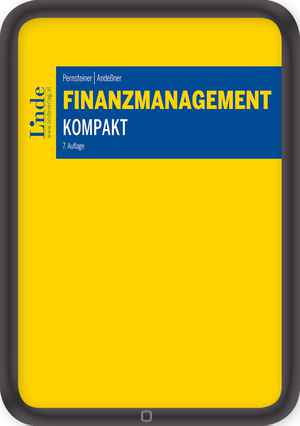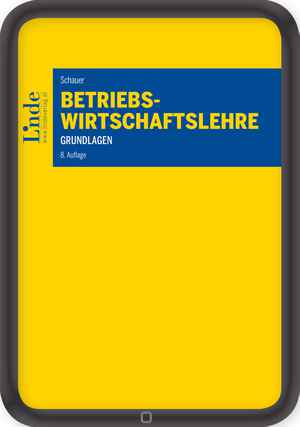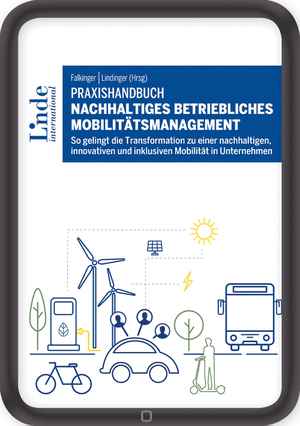| Vertrieb und Support durch unseren Partner ciando GmbH | |
| Sicherheitsgarantie | |
| Zahlung per Kreditkarte oder Bankeinzug | |
| Support: lindeverlag ciando.com |
Sie sind hier Linde Shop
Buchbestellungen in AT versandkostenfrei
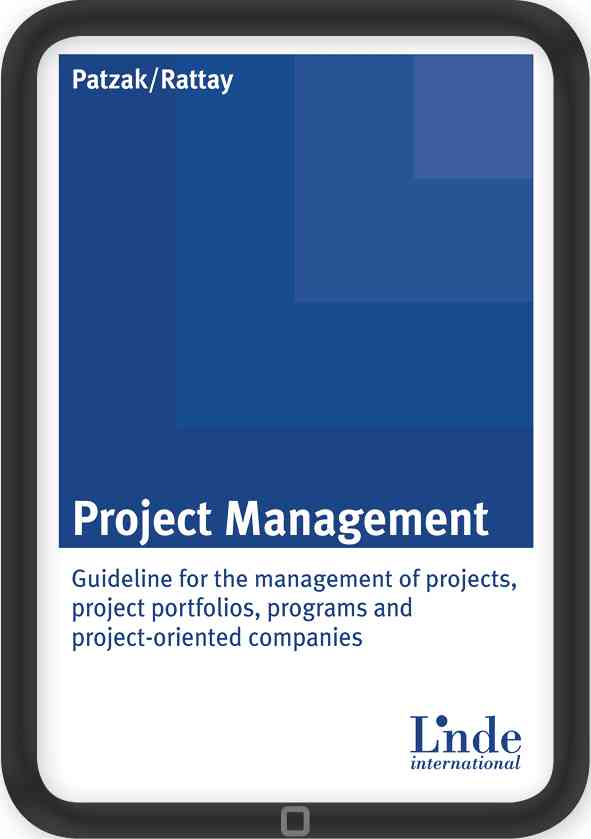
Project Management
Guideline for the management of projects, project portfolios, programs and project-oriented companies
E-Book | Format: PDF:
512 Seiten
Auflage: 1. Auflage 2011
ISBN: 9783709402894
Verlag: Linde Verlag
Erscheinungstermin: 02.07.2012
Auflage: 1. Auflage 2011
ISBN: 9783709402894
Verlag: Linde Verlag
Erscheinungstermin: 02.07.2012
Verkauf durch Ciando
67,99 €
Normalpreis (inkl. MwSt.)
Modern project management is increasingly important, as it is very well suited for fulfilling today’s demands on companies, especially regarding the efficient cooperation of individuals, as well as the development of a goal- and solution-oriented approach.
A project can be understood as a temporary company, since all essential enterprise management functions must be performed in projects as well. The project management approach applied in the present book is a holistic management concept. In addition to project planning and control, it also covers the topics of teamwork, communication, and the organizational integration of projects into companies.
This book provides a guideline for performing individual projects, for professionally selecting projects that are vital for company success (project portfolio, program), for improving project management quality, and for consequently focusing company work on the current environmental requirements (project-oriented company). Additionally, numerous practical examples and case-studies of different project types illustrate the implementation of the presented methods.
Further relevant aspects of today’s project management approaches, such as projects as business cases, procurement and contract design, virtual teamwork, project management career paths, agile project management, or Stage-Gate approaches are integrated into the actual edition. This book contributes to the further development of project management knowledge, and to the establishment of a professional project manager profile. Requirements on competencies and qualifications of project managers are integrated according to the international IPMA and PMI standards.
A project can be understood as a temporary company, since all essential enterprise management functions must be performed in projects as well. The project management approach applied in the present book is a holistic management concept. In addition to project planning and control, it also covers the topics of teamwork, communication, and the organizational integration of projects into companies.
This book provides a guideline for performing individual projects, for professionally selecting projects that are vital for company success (project portfolio, program), for improving project management quality, and for consequently focusing company work on the current environmental requirements (project-oriented company). Additionally, numerous practical examples and case-studies of different project types illustrate the implementation of the presented methods.
Further relevant aspects of today’s project management approaches, such as projects as business cases, procurement and contract design, virtual teamwork, project management career paths, agile project management, or Stage-Gate approaches are integrated into the actual edition. This book contributes to the further development of project management knowledge, and to the establishment of a professional project manager profile. Requirements on competencies and qualifications of project managers are integrated according to the international IPMA and PMI standards.
Standard vom 17. März 2012
Die zunehmende Bedeutung modernen Projektmanagements ist unbestritten, nicht zuletzt, als es die Anforderungen an Unternehmen bezüglich effizienter Zusammenarbeit sowie Ziel- oder Lösungsorientierung offensichtlich gut zu erfüllen scheint. Der erstmals in englischer Sprache erschienene Buchklassiker Project Management der Autoren Gerold Patzak und Günter Rattay, beinhaltet neben traditionellen Projektmanagement-Ansätzen wesentliche Aspekte wie Teamarbeit, Kommunikation oder organisatorische Einbettung ins Unternehmen.
Unser Service
Produktsicherheit
Sicherheitshinweis entsprechend Art. 9 Abs. 7 S. 2 der GPSR entbehrlich.
Weiteres zum Buch
Schlagworte
Merkzettel
Service Team Linde
Lieferung
Bezahlinfo
Wir liefern per Rechnung, Kreditkarte, PayPal oder Sofort.

Newsletter
© Linde Verlag Ges.m.b.H










